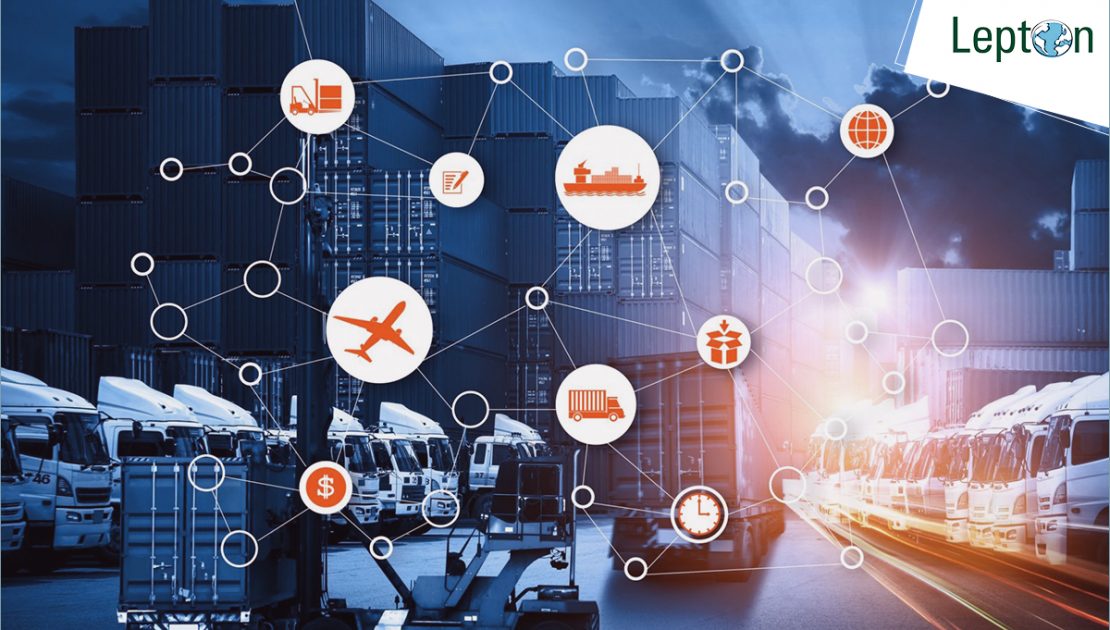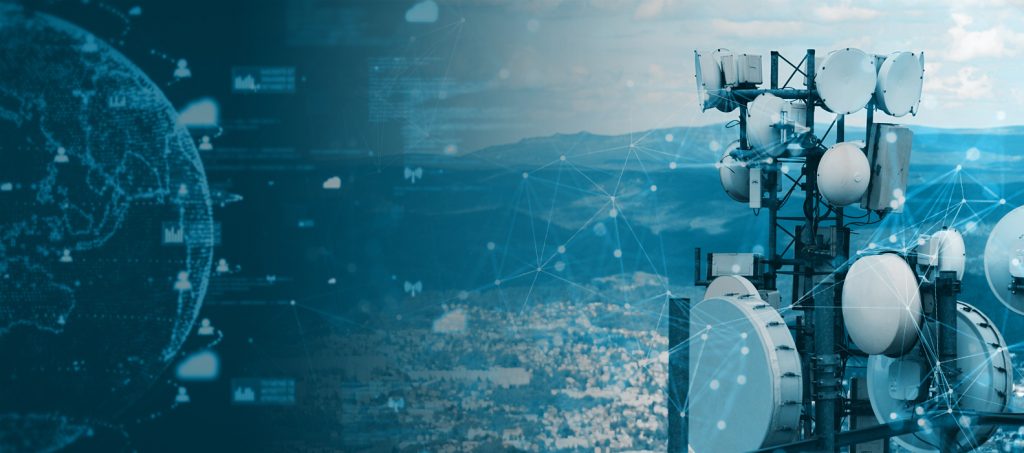60% of the retail and e-commerce companies use Location Intelligence (LI) for network, route planning, workforce coverage, and supply chain optimization. Many retailers have realized that leveraging LI can help them achieve higher levels of operational efficiency to maintain profit margins.
Most companies use mapping and geospatial data to determine the optimal sites for stores, branches, or warehouses, depending on the locations of customers and suppliers and location-based cost considerations. A comprehensive demographic data set could range from lifestyle data, populace, household profile, India Pin to road networks, analysing over 20+ data pointers. For instance, retailers might combine such demographic data for store rationalization and assess the best markets to enter and the most promising locations within each potential market.
Here are some of the trends shaping up retailer’s operational efficiency in 2021
Physical stores are here to stay, especially post-pandemic
Owing to the pandemic outbreak, many retail brands are seeing a surge in their online business. However, retail brands do believe that this rise can never cannibalize their physical store sales. Brands see a trend where customers are seeking outings after being grounded at home for long periods. For instance, Retail giant Chroma is all set to launch new-age, tech-heavy stores and is actively looking at opening about 100 stores tier 2-3 markets by the end of this year.
Thus, identifying the right location to set up a store forms a crucial part of any retailer’s core strategy. Geo-data has the potential to convert customer addresses into a wealth of actionable insights. Retailers can now target areas based on demographic parameters (population, household, married couples, etc.) at the micro-level for deep analysis and identify a strategic location for a business plan. Some interesting use case of Location Intelligence plays a pivotal role in store-optimization:
- Gap Analysis: Areas where stores are not present despite high population density.
- Predicting sales: Using Historical business/sales datasets, Machine Learning algorithms, you can predict the sales volume of your stores.
One of Lepton’s customers, a leading electronics retailer, wanted to expand its presence in Tier 2 cities. By leveraging Lepton’s SmartMarket product built on GMAP, we could identify potential locations in each city, and a drive-time polygon of 30 minutes & 60 minutes was calculated for each location. We determined pincodes intersecting with the polygons and computed demographic data in the intersected area. Now this locale intel is used in planning the opening of their new stores.
Delivering better ETA by powering your hyperlocal decisions
Retailers today have no choice but to deliver best-in-class ETA to weed out the fierce competition. The success of such on-demand delivery and mobility services depends on accessing customers’ location via apps installed on their smartphones. This intel, combined with tracking delivery personnel and drivers, can help assign tasks based on their availability and location.
- Optimize delivery routes for your orders: Location Intelligence suggests the best routes for delivery and assigns delivery tasks to agents closest to the route. Location Intelligence provides insights into the shortest route available between pick up and drop locations adding to the overall cost-efficiency of the process. You can enhance your fleet location by integrating 3rd party data such as weather for better route optimization.
- Real-time vehicle tracking/ dispatching: Fleet tracking of all your vehicles is now just a few clicks away. Know where your drivers are, visualize real-time location on dashboards, and provision and dispatch based on location.
- Streamlining last-mile deliveries: Cloud-based location solutions provide aerial and satellite imagery and high definition maps that can help evolve last-mile delivery processes as orders get automatically clustered. Drivers are empowered to avoid traffic and streamline deliveries. Predictive alerts can help you plan efficient delivery routings based on travel time, fuel costs, and road tolls, thus optimising your supply chain.
One of Lepton’s customers, a large eyewear retailer, uses GMAP to track field agents when they visit customers for trying frames. It is interesting to see how this startup created a unique segment, e-tailing, fuelled by the power of LI to offer personalized service to reach consumers at their doorsteps.
The use cases of location intelligence thus range from improving your management, tracking of in-store pickup to home delivery of products. Retailers have started realizing maximum efficiency and timely delivery, cutting costs and keeping customers satisfied.
Many retailers have witnessed a 3% to 4% reduction in delivery costs for online orders by better optimizing the fleet.
Is Location Intelligence part of your 2021 supply chain optimization strategy? Talk to us to know how your business can benefit from Google Map Platform based location intelligence and analytics solutions.

